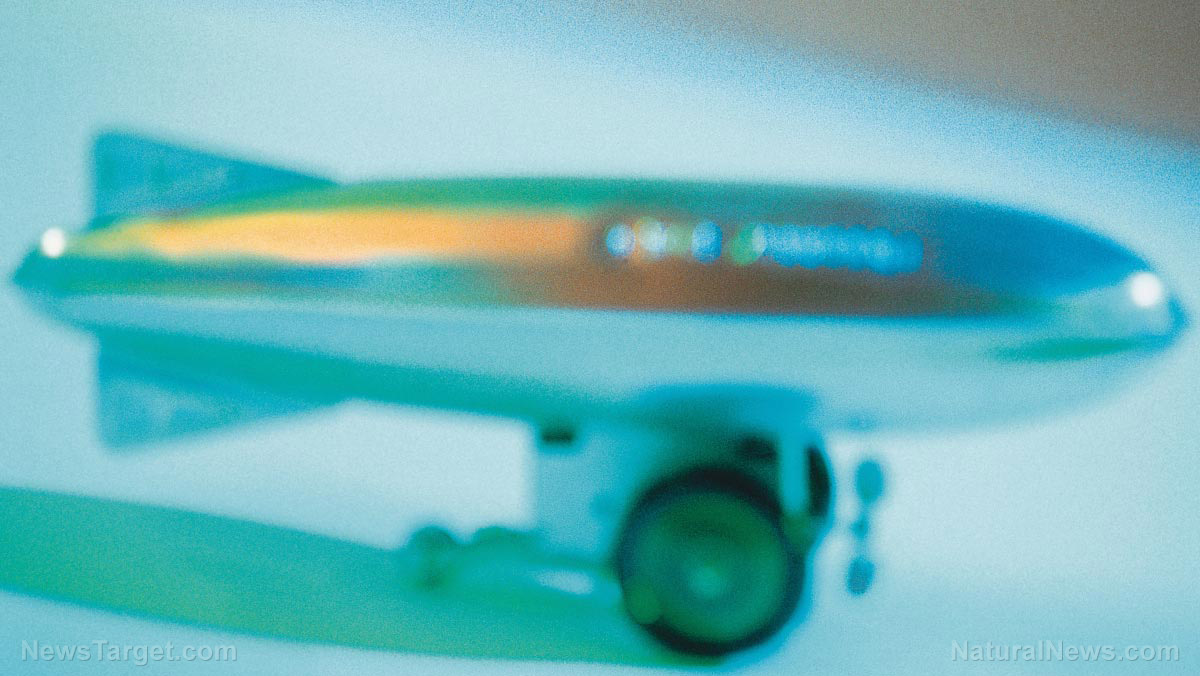Tiny rocket from recycled parts: Japan’s space agency successfully launches smallest rocket to ever carry a satellite into orbit
02/22/2018 / By David Williams

Rocket science is not a realm which belongs exclusively to the just the United States and the National Aeronautics and Space Administration (NASA) anymore. Many other countries besides the U.S. have made significant progress with their rockets and space-bound satellites, and the latest one of note is none other than Japan, which recently announced the successful launch of what is now the smallest rocket ever to carry a satellite to orbit.
What’s even more impressive is that the tiny Japanese rocket was said to be “cobbled together” from nothing but recycled home electronics and smartphone parts, which means that with the right process and certain equipment, it could be possible for anyone to replicate their results. At the very least, it’s a sure shot at sending a small satellite into space without having to spend a fortune on the preparation.
According to a report, the Japanese Aerospace Exploration Agency (JAXA) managed to launch the world’s smallest experimental rocket last week. Dubbed the SS-520, the rocket was launched at the JAXA Uchinoura Space Center. And with it was an “ultra-small” TRICOM-1R satellite that measured only 13.6 inches. The rocket itself was said to be about the size of a “utility pole” that measures about 10 meters in length and 50 centimeters in diameter.
The successful launch is a welcome change from last year’s previous attempt wherein the Japanese space agency tried and failed to launch the very same small rocket. Although they were able to easily fire up the first stage of the rocket, it is said that the second stage stalled and was unable to ignite due to electrical communication issues. Due to the circumstances surrounding the launch, the Japanese were forced to abort the mission.
The report on the successful JAXA rocket launch stated that the CubeSat, which was found to be in “nominal” condition by JAXA, will be used to collect images of the planet Earth’s surface with the use of multiple on-board cameras. The fact that they were able to do this means that Japan is now among a growing number of so-called space industry leaders, all of which appear to have embraced tiny space exploration vehicles, owing to their many benefits. Even NASA itself was said to be planning on launching tiny rockets in the not-so-distant future, with help from private space company Rocket Lab.
In particular, Rocket Lab’s plans appear to be quite promising. It has plans to launch a tiny rocket called Electron some time later this year, and on it, there will be a total of three payloads. The first one is an imaging satellite while the other two are satellites meant to collect data for tracking ships as well as the weather.
While much larger space companies, with deeper pockets and access to more resources, such as SpaceX and even NASA itself, exist, it’s still fortunate that small players and even the smallest space agencies in countries around the world can work on their own space-related initiatives. After all, the availability of small rockets that are capable of carrying small payloads into orbit means a great deal, as the associated costs are quite low and there are few barriers to entry. For companies that find it’s too expensive to work with the likes of SpaceX, small rockets may be the perfect ticket to space.
Learn more about how rockets are used in space missions in Space.news.
Sources include:
Tagged Under: inventions, Japan, JAXA, NASA, orbit, rocket, rocket launch, satellite, Small rocket, Space, Space satellite




















